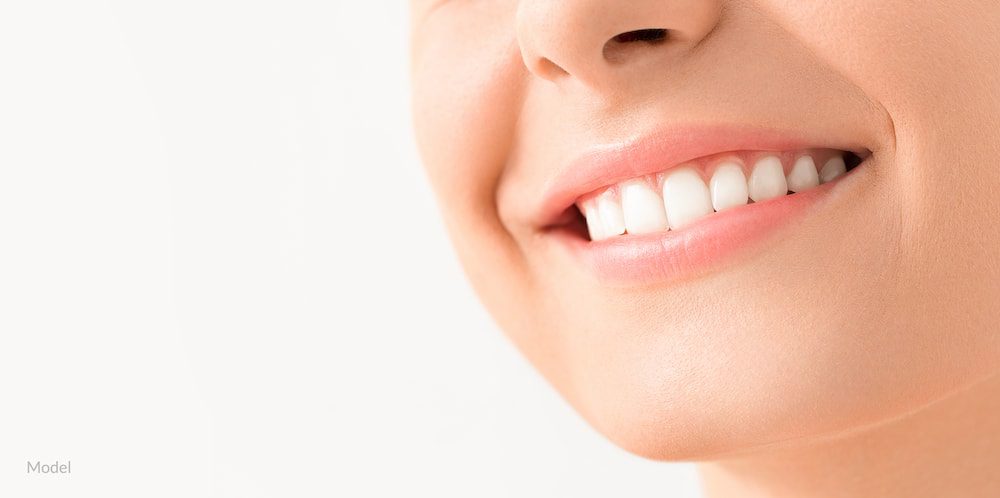How Can a Poor Diet Lead to Gum Disease?
3 Minute Read:
Your diet affects your oral health. So, if you frequently make poor nutritional choices by consuming fast food, sugary food, or other foods that are considered unhealthy, you may not be able to maintain a healthy smile for long.

Why Is Good Nutrition Important to Your Dental Health?
Your teeth and gums need particular nutrients to develop and stay strong for long-term dental health. If your diet is low in essential nutrients, your mouth tissues may be unable to fight infections that lead to periodontal disease, which is a major cause of tooth loss in adults.
Healthy lifestyle choices, including a well-balanced diet, can help prevent tooth decay, infection, and gum disease.
Here are some foods to keep near and others to stay away from to help reduce your tooth decay and gum disease risks.
The Worst Food for Your Teeth
Sticky Candies and Sweets
Candy, gummies, lollipops, cough drops, caramels, and all sweet treats with refined sugars fall under this category. The sugars found in these snacks stick to teeth and provide food for the bacteria in the mouth to produce acids and toxins, which can result in tooth decay and gum disease. When bacteria (dental plaque) is not removed adequately by proper tooth brushing and there are excess sugars in the mouth and on the teeth, it results in dental decay, infections and gum disease. This is why it is important to limit your intake of such items.
Carbonated Soft Drinks
These drinks are loaded with sugar and have phosphoric and citric acids that eat away the tooth enamel. Acidic drinks change the pH of the mouth, giving bacteria an optimal place to fester.
Starchy Foods
White bread, chips, and other foods with high carbohydrate contents turn into sugar in your mouth and present the same dangers.
The Best Foods for Gum Health
Fibrous Vegetables and Fresh Fruits
These have high nutritional value and provide added teeth cleaning benefits.
While some fresh fruit is beneficial to your oral health, it is necessary to remember that some fruits contain high amounts of natural sugar and acid, which can be harmful to your teeth and gums. Therefore, you should consume fresh fruit in moderation.
Calcium-Rich Foods
Foods like low-fat/fat-free milk, cheese, yogurt, salmon, almonds, and dark green leafy vegetables (such as spinach, kale, and broccoli) promote strong, healthy teeth and gums.
Water
Hydrate! Hydrate! Hydrate! Drinking water gets the saliva going, helping to wash away plaque-causing bacteria and food particles.
Finding the Right Balance for Healthy Teeth and Gums
Proper nutrition is all about finding the right balance. Whenever you need to treat yourself with something sweet, consider having it in one sitting rather than nibbling on it throughout the day. When you have sweets throughout the day, you are continuously introducing sugars to the mouth, which is a nutrient for the disease-causing bacteria. The continuous intake of sugars allows the bacteria to continuously cause damage throughout the day rather than one point in time. This will cause less harm by helping to reduce dangerous acid production.
More importantly, brush your teeth twice daily, floss regularly, and see your dentist for cleanings and exams.
Interested in Learning More?
If you would like more information regarding healthy diets for teeth and gums, contact Dr. Salamati to schedule a consultation in Beverly Hills by calling our office at (310) 275-1090 or by filling out our online contact form.
